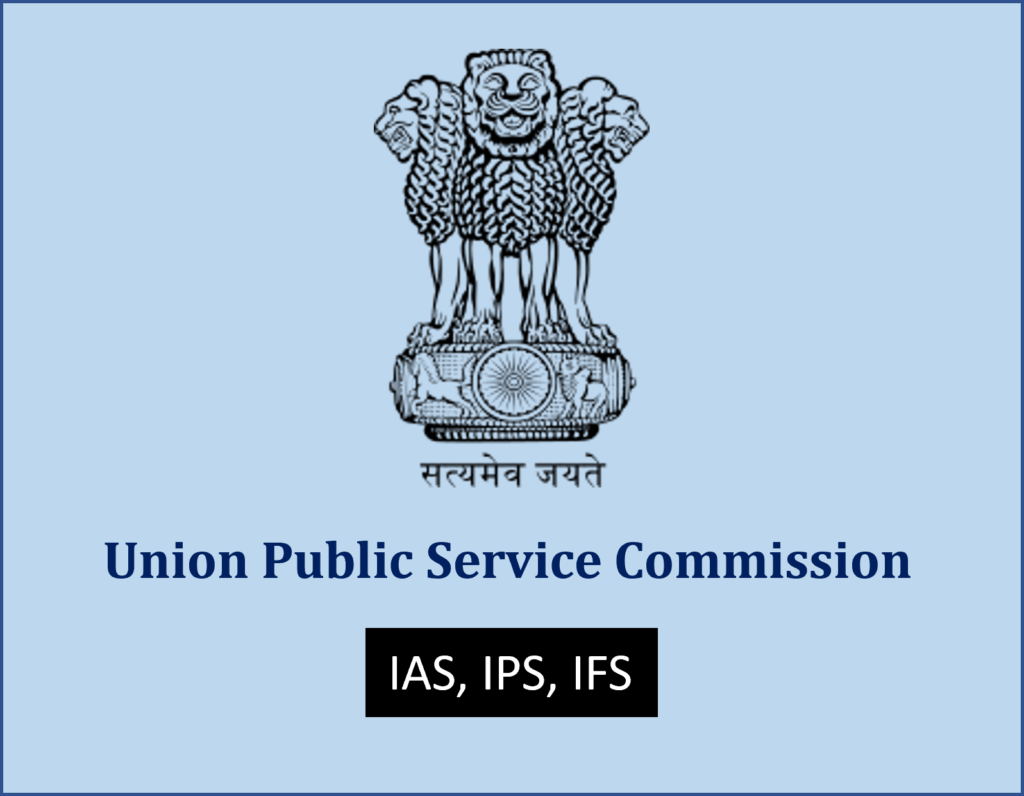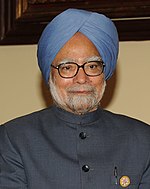Career Options in Civil Services

Civil Services is a prestigious and sought-after career option in India. It involves working in various administrative positions in the government at the central and state levels. The Civil Services Examination is conducted by the Union Public Service Commission (UPSC) to select candidates for the Indian Administrative Service (IAS), Indian Police Service (IPS), Indian Foreign Service (IFS), and other allied services. Here are some key points about pursuing a career in Civil Services:
1. ELIGIBILITY:
To appear for the Civil Services Examination, candidates must be Indian citizens and hold a bachelor’s degree from a recognized university. The minimum age requirement is 21 years, and the maximum age limit varies based on the category and number of attempts.
2. EXAMINATION PROCESS:
The Civil Services Examination consists of three stages: the Preliminary Examination (objective type), the Main Examination (written), and the Personality Test (interview). The examination evaluates candidates’ knowledge, aptitude, writing skills, and personality traits.
3. JOB ROLES:
Successful candidates are appointed to various administrative positions in the government. The IAS officers serve as top-level administrators, handling policy formulation, implementation, and general administration. IPS officers are responsible for maintaining law and order, and IFS officers work in diplomacy and international relations.
4. CAREER PROGRESSION:
The Civil Services offer a structured and hierarchical career progression. Starting as probationary officers, officers can rise to higher positions based on their performance and experience. They can hold key positions in government departments, ministries, and public sector undertakings.
5. JOB RESPONSIBILITIES:
Civil servants are involved in policy formulation, implementation, and monitoring of government programs. They handle administrative tasks, maintain law and order, undertake developmental initiatives, and address public grievances. They are responsible for ensuring efficient and effective governance.
6. PRESTIGE AND IMPACT:
Civil servants have a significant impact on shaping policies, driving social change, and serving the public. They play a crucial role in decision-making, governance, and nation-building. Civil servants often work in challenging and dynamic environments, requiring leadership, problem-solving skills, and adaptability.
7. PREPARATION:
As the Civil Services Examination is highly competitive, a dedicated and comprehensive preparation strategy is essential. It involves studying the prescribed syllabus, reading newspapers and current affairs, developing writing and analytical skills, and practicing mock tests and previous years’ question papers. Joining coaching institutes or enrolling in online courses can also provide guidance and support.
8. ADDITIONAL OPPORTUNITIES:
Civil servants can pursue specialized training programs, both in India and abroad, to enhance their skills and knowledge. They can also undertake research, policy analysis, and contribute to think tanks and development organizations.
It’s important to note that pursuing a career in Civil Services requires determination, perseverance, and a genuine interest in public service. It demands continuous learning, staying updated with current affairs, and a strong ethical foundation. While the Civil Services offer immense opportunities for growth and impact, it’s crucial to understand the demands and challenges associated with the role.














